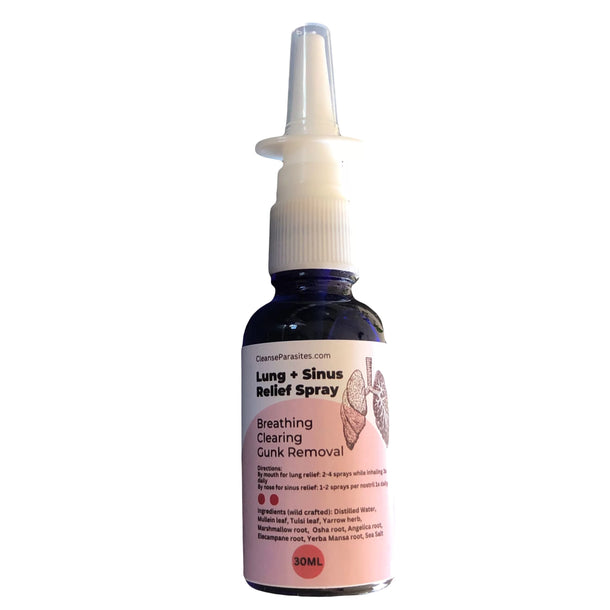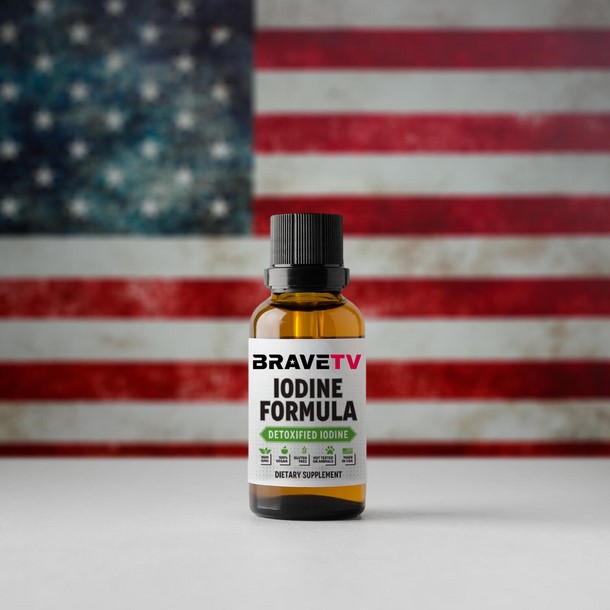Former Alaska governor and 2008 vice-presidential candidate Sarah Palin appears poised to advance to Alaska’s special general election for the House, taking the lead in the primary race on Saturday with 30 percent of the vote.
She was trailed by businessman Nick Begich III, who secured 19 percent, independent Al Gross, who garnered 12 percent, and former Democratic state Representative Mary Peltola, who earned seven percent. The contest featured 48 candidates.
The four candidates from the special primary, which was triggered by the passing of the then longest-serving member of Congress, Republican Representative Don Young, will now compete in an August special general election to fill the vacant seat. The special general election will use ranked-choice voting for the first time in the state, Anchorage Daily News reported.
As of Saturday night, 108,981 of the nearly 140,000 ballots cast had been counted, with more votes to be accounted for in the coming weeks. Late ballots to arrive can still be counted if they’re postmarked by Saturday, the publication noted.
Palin, who resigned as Alaska governor in 2009, had her campaign publish a statement on her behalf after the early results dropped.
“We need to focus on policies that will make life better for the regular Joes out there who can’t afford to fill their gas tanks and are struggling to feed their families because of Joe Biden’s hyperinflation,” it read. “I’m looking forward to the special general election so we can highlight our ideas for fixing this country by responsibly developing Alaska’s God-given natural resources, getting runaway government spending under control, protecting human life, protecting the right to keep and bear arms, and restoring respect for individual liberty and the Constitution.”
Palin’s libel lawsuit against the New York Times went to trial earlier this year. In 2017 Palin fist sued the publication after it released an editorial connecting her PAC to the 2011 shooting of former Arizona congresswoman Gabrielle Giffords. The piece said that “the link to political incitement was clear” from a graphic circulated by the PAC showing 20 Democratic congressional districts, including Giffords’s, under “stylized crosshairs.”
Former president Trump quickly announced his support for Palin in her bid for Alaska House, extending his “Complete and Total Endorsement” to her campaign. Palin had been one of the first major GOP political figures to endorse Trump for president early on in January 2016 before a single primary had taken place.
Palin heads into the general election with the advantages of name recognition, a popular governorship, and strong fundraising capability, although she confronts a rank-choice voting scenario and Alaska’s large bloc of independents. Over 60 percent of voters in the state are not registered members of either major political party, the Times noted in October. SOURCE: nationalreview











